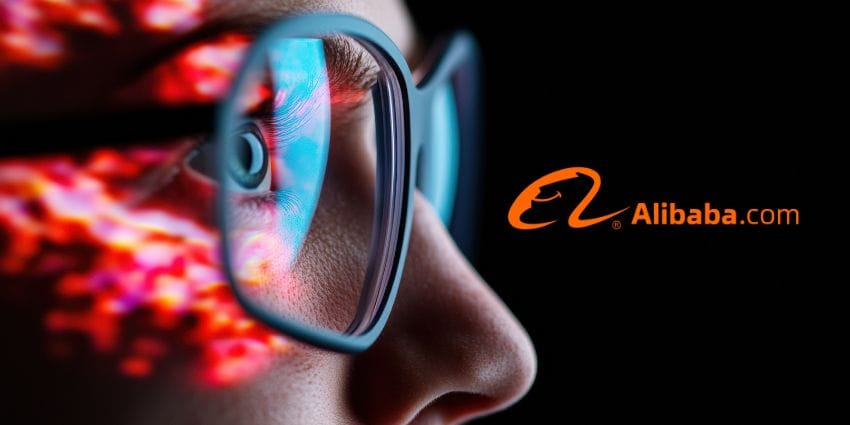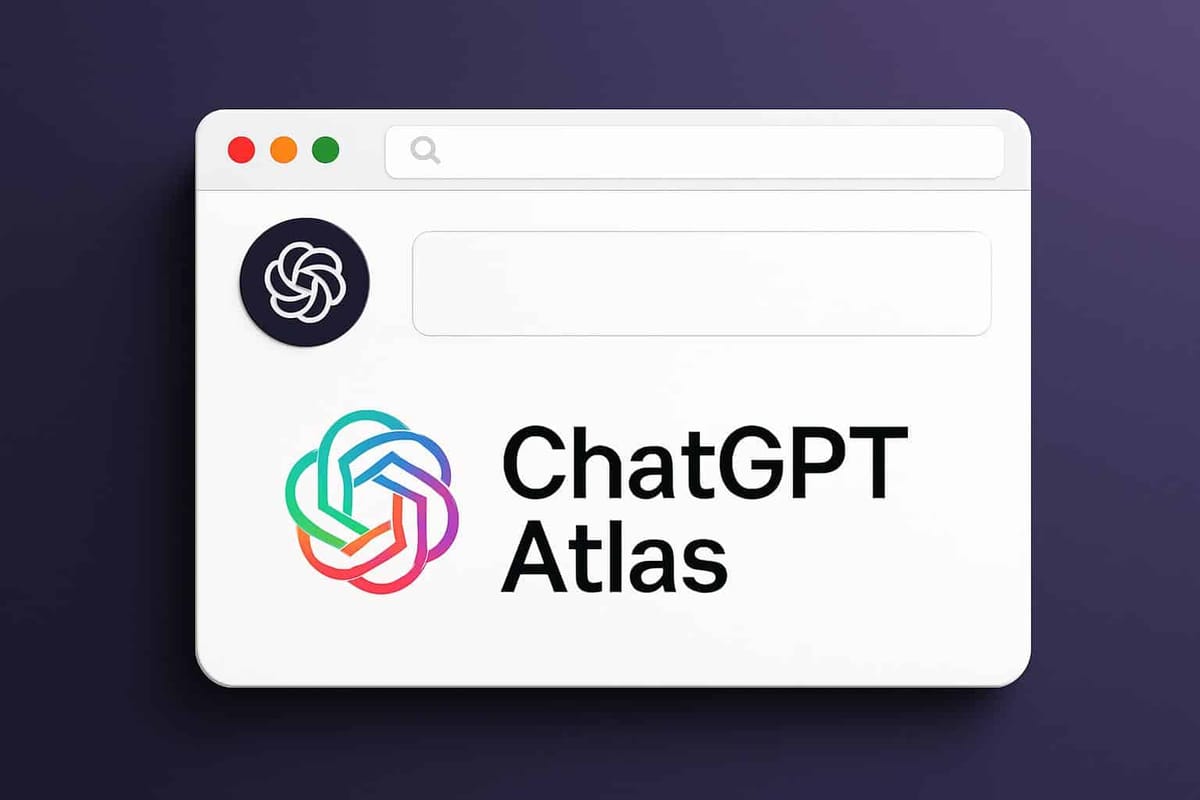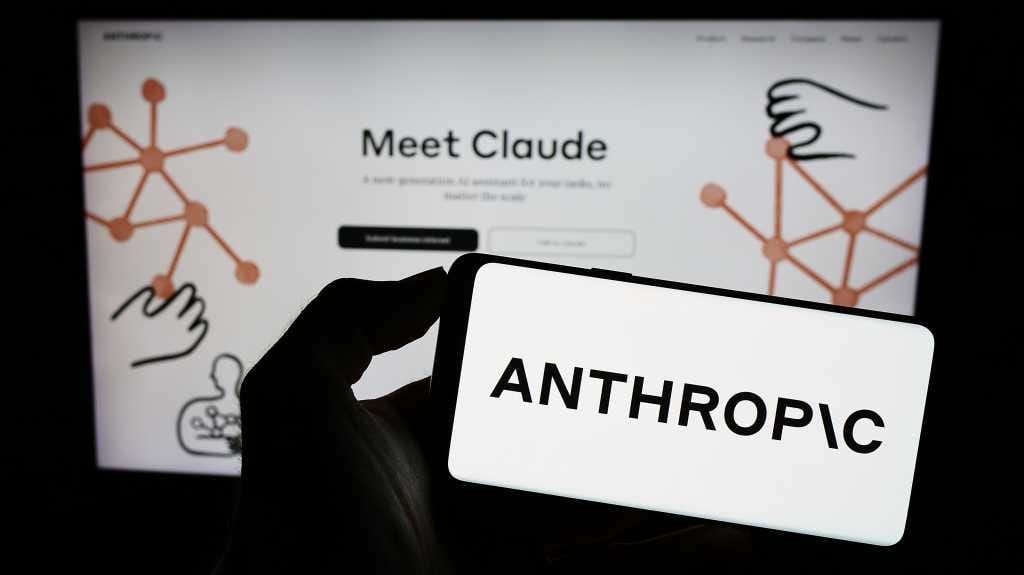You're witnessing a pivotal moment in how we access and consume information online. Grokipedia represents more than just another tech billionaire's pet project, it's a fundamental reimagining of encyclopedic knowledge creation. Where Wikipedia relies on thousands of volunteer editors meticulously crafting and fact-checking entries, Grokipedia leverages artificial intelligence to generate content automatically.
The significance here extends beyond the technology itself. Elon Musk claims this platform will provide a "non-biased" alternative to Wikipedia, addressing what he perceives as ideological slant in traditional crowd-sourced knowledge bases. Whether Grokipedia can deliver on these bold promises remains to be seen, but its launch has already sparked intense debate about AI's role in shaping how we understand truth and knowledge in the digital age.
Understanding Grokipedia : The Basics
When Elon Musk launches Grokipedia, he's doing so through his artificial intelligence company, xAI. This venture represents Musk's latest foray into the AI landscape, positioning itself as a direct competitor to established knowledge repositories. xAI developed this platform with the explicit goal of creating what Musk describes as an unbiased alternative to traditional encyclopedias.
At the heart of Grokipedia sits Grok, the proprietary AI model that generates all content on the platform. Musk positions Grok as an ideologically neutral artificial intelligence, designed to deliver information without the editorial biases he claims plague existing platforms. This AI model processes information and creates encyclopedia entries autonomously, marking a significant departure from human-curated knowledge bases.
How Grokipedia Generates Content
The platform operates through a fully automated content generation system. Grok analyzes available information and produces AI-generated content for encyclopedia entries. You won't find the familiar "edit" button that Wikipedia users have grown accustomed to clicking. Instead, Grokipedia maintains complete AI control over article creation and modification.
The system pulls from various data sources to construct its entries, including temporary use of Wikipedia's content under Creative Commons licensing. This approach allows Grokipedia to rapidly build its knowledge base while the AI learns to generate original content.
User Participation Model
User contributions via form represent the only way you can influence Grokipedia's content. The platform provides a submission form where you can suggest new topics or flag potential inaccuracies. This structured approach differs dramatically from Wikipedia's open editing model.
You submit your suggestions through this form, and the AI reviews these submissions to determine whether to incorporate the information. The xAI team maintains that this process helps prevent vandalism and maintains content quality, though it also means you have no direct control over how your contributions appear in the final articles.
Development, Launch, and Future Plans for Grokipedia
The launch date October 27, 2025 marked Grokipedia's entry into the online encyclopedia space. xAI released the platform as an experimental project, positioning it as a direct challenge to Wikipedia's two-decade dominance in collaborative knowledge sharing.
Version 0.1 Grokipedia arrived with impressive initial numbers. The platform debuted with over 885,000 definitions spanning various topics, from scientific concepts to historical events. You'll find this collection represents a substantial starting point, though it pales in comparison to Wikipedia's extensive library. The rapid generation of this content showcases the efficiency of AI-powered knowledge compilation; what would take human editors years to produce materialized in a fraction of the time.
The technical foundation of Grokipedia embraces transparency through its open-source architecture. You can access, modify, and utilize the platform's code freely, aligning with the broader open-source philosophy that has driven innovation across the tech industry. This approach invites developers to contribute improvements, identify bugs, and potentially build derivative projects.
xAI has outlined an ambitious roadmap toward version 1.0, though specific timelines remain undisclosed. The development team focuses on three primary objectives :
- Expanding the article count to match or exceed traditional encyclopedias
- Refining the AI's accuracy and comprehensiveness in content generation
- Enhancing the user submission system to capture specialized knowledge gaps
Musk's public statements suggest the team views version 0.1 as a foundation rather than a finished product. The platform's evolution depends on both algorithmic improvements to the Grok model and community feedback identifying areas requiring expansion or correction.

Comparative Analysis : Grokipedia vs Wikipedia
When Elon Musk launches Grokipedia, his AI-generated copy of Wikipedia, the number of articles Grokipedia vs Wikipedia immediately reveals a significant disparity. Grokipedia's version 0.1 contains approximately 885,000 definitions, while Wikipedia boasts over 7 million English articles accumulated over two decades. This gap represents more than just numbers, it reflects the difference between an emerging platform and an established knowledge repository.
The comprehensiveness factor matters when you're searching for information. Wikipedia's extensive article count means you'll likely find entries on obscure historical figures, niche scientific concepts, and local cultural phenomena. Grokipedia's current catalog, though substantial for a new platform, leaves considerable gaps in specialized knowledge areas. The growth trajectory will determine whether his AI-generated copy of Wikipedia can match the breadth of its predecessor.
Editorial Control : Two Fundamentally Different Approaches
The most striking difference lies in how content gets created and maintained. Wikipedia operates through a human collaborative editing model where thousands of volunteers worldwide review, edit, and debate article content. You can directly edit most Wikipedia pages, engage in discussion forums, and participate in consensus-building processes.
Grokipedia employs controlled edition by xAI, where the Grok AI model generates all content. You cannot directly edit articles instead, you submit suggestions through a form that the AI processes. This centralized approach offers several implications :
- Speed of updates : AI can generate and modify content rapidly without waiting for human editors
- Consistency : Algorithmic control maintains uniform formatting and style across articles
- Accessibility barriers : The submission form process creates an intermediary layer between users and content
- Accountability questions : When AI generates content, determining responsibility for errors or biases becomes complex
The controlled edition by xAI model eliminates edit wars and vandalism that occasionally plague Wikipedia, yet it removes the transparent peer review process that has made Wikipedia's collaborative model trustworthy for millions of users worldwide.
Claims of Neutrality and Bias in Grokipedia : An Examination
Musk positions Grokipedia as an alternative to Wikipedia, promising a platform "10X better" than its predecessor. His central argument revolves around what he perceives as the ideological bias of Wikipedia claiming that human editors inject their political leanings into articles, particularly on contentious subjects. Grokipedia's AI-driven approach supposedly eliminates these human prejudices, delivering "the truth, the whole truth, and nothing but the truth."
The reality paints a different picture. Grokipedia's own content reveals selective omissions that undermine its neutrality claims. The platform's entry on Elon Musk himself provides the most glaring example : it completely excludes the controversy surrounding his alleged Nazi salute at Donald Trump's inauguration. Wikipedia's corresponding article documents this incident with multiple sources and perspectives. This omission raises questions about whether Grokipedia's AI has been programmed with specific filtering criteria that align with Musk's interests.
Key discrepancies between the platforms include :
- Controversial events : Grokipedia tends to sanitize or omit polarizing incidents involving its creator
- Source diversity : Wikipedia's human editors incorporate varied viewpoints; Grokipedia's AI draws primarily from X platform data
- Accountability mechanisms : Wikipedia maintains transparent edit histories and discussion pages; Grokipedia operates as a black box
The irony becomes apparent when you examine Grokipedia's training data. The AI model learns from content created by humans on X and temporarily borrowed Wikipedia articles. If Wikipedia suffers from ideological bias, then Grokipedia inherits those same biases while adding new ones from X's user base a platform Musk owns and where content moderation policies have shifted significantly under his leadership.
You're essentially trading one set of potential biases for another, except with less transparency about how editorial decisions get made.

The Role of AI in Shaping Encyclopedic Knowledge Creation
The impact of artificial intelligence on encyclopedic content represents a fundamental shift in how we create, curate, and consume knowledge online. Grokipedia's AI-driven approach introduces capabilities that traditional encyclopedias simply cannot match.
The Promise of AI-Generated Knowledge
Real-time updates stand as one of Grokipedia's most compelling advantages. When you access information through Grokipedia, you're tapping into data streams from X (formerly Twitter) that refresh continuously. Breaking news, emerging research, and evolving events get incorporated into articles without waiting for human editors to process and approve changes. This immediacy transforms encyclopedic content from static reference material into living, breathing documentation of our world.
Algorithmic moderation offers another potential breakthrough. AI systems can theoretically identify and neutralize ideological bias by analyzing language patterns, source diversity, and presentation balance across millions of articles simultaneously. Where human editors might unconsciously favor certain perspectives, AI algorithms can apply consistent evaluation criteria without emotional investment or political allegiance.
The Reality Check : AI's Inherent Limitations
You need to understand that AI doesn't create knowledge from nothing. Every algorithm learns from training data and that data comes from human sources carrying their own biases, blind spots, and cultural assumptions. When Grokipedia's AI generates content, it's essentially remixing and repackaging human-created information, potentially amplifying existing biases rather than eliminating them.
Editorial transparency becomes murky in AI-controlled platforms. Wikipedia shows you exactly who edited what, when, and why through detailed revision histories and discussion pages. Grokipedia's black-box approach leaves you wondering : Which sources influenced this article ? What criteria determined inclusion or exclusion ? Who holds accountability when AI-generated content proves inaccurate or misleading ?
The ethical questions multiply when you consider that AI systems make editorial decisions without explaining their reasoning, leaving users unable to challenge or verify the decision-making process behind the content they're reading.
Reactions from the Knowledge Community : A Mixed Bag
The Wikimedia Foundation response to Grokipedia launch came swiftly and pointedly. The organization released a statement emphasizing that artificial intelligence "still relies on human collaboration and collective knowledge creation." This response highlights a fundamental philosophical divide : Wikipedia's model thrives on community-driven verification, while Elon Musk launches Grokipedia, his AI-generated copy of Wikipedia, positioning automation as the solution rather than human oversight.
The Foundation's stance reflects decades of experience building collaborative knowledge systems. They argue that human editors bring critical thinking, contextual understanding, and ethical judgment qualities that remain difficult for AI to replicate authentically. The statement didn't directly attack Grokipedia but made clear that automated content generation cannot replace the nuanced process of collective knowledge building.
Academic and Open Knowledge Communities Weigh In
The launch sparked intense debates across academic circles and open knowledge communities. You'll find scholars divided into distinct camps :
Skeptics raise several concerns :
- AI-generated encyclopedias lack the transparent editorial process that makes Wikipedia trustworthy
- Algorithmic curation creates accountability gaps when errors or biases appear
- The absence of direct user editing removes community quality control mechanisms
Proponents see potential advantages :
- AI systems can process and synthesize information at unprecedented speeds
- Automated updates could keep pace with rapidly evolving topics
- Reduced human intervention might minimize certain types of editorial conflicts
Digital humanities researchers have questioned whether Grokipedia's "ideologically neutral" claims hold up under scrutiny. Early analyses reveal that the platform's content, while extensive, shows patterns consistent with its training data sources raising questions about whether algorithmic neutrality is achievable or even desirable.
Library science professionals express concern about information literacy. If users cannot trace how content was created or verified, they lose the ability to assess reliability independently. This opacity contrasts sharply with Wikipedia's transparent edit histories and discussion pages.

Looking Ahead : The Future of Grokipedia and AI Encyclopedias
The version 1.0 Grokipedia roadmap remains deliberately vague, but you can expect significant expansion beyond the current 885,000 articles. Musk's promise of a "10X better" platform suggests aggressive scaling plans, likely targeting Wikipedia's 7 million English article benchmark as a minimum threshold. The open-source nature of Grokipedia's codebase means developers worldwide can contribute to accelerating this growth, potentially introducing features that traditional encyclopedias can't match.
You'll likely see several key improvements as Grokipedia matures :
- Real-time content updates leveraging X platform data streams for breaking news and current events
- Enhanced AI models capable of generating more nuanced, context-aware articles
- Expanded language support to compete with Wikipedia's multilingual reach
- Improved user submission systems that balance AI automation with human input quality
The platform's influence on encyclopedia usage patterns could be substantial. If Grokipedia delivers on its neutrality promises, you might witness a shift in how people verify information online. Users could start cross-referencing between AI-generated and human-curated sources as standard practice, creating a new paradigm for fact-checking.
Content neutrality standards face a potential redefinition. Grokipedia's algorithmic approach to bias reduction, whether successful or not, will force Wikipedia and other knowledge platforms to examine their own editorial processes more critically. You might see traditional encyclopedias adopting AI-assisted moderation tools to complement human editors.
User engagement models are already diverging. While Wikipedia thrives on direct community editing, Grokipedia's submission-based system creates a different relationship between users and content. This approach could attract contributors who find Wikipedia's editing culture intimidating, though it sacrifices the collaborative refinement that makes Wikipedia articles comprehensive. The success of either model will depend on which better serves your need for accurate, accessible information.
Conclusion
Elon Musk launches Grokipedia, his AI-generated copy of Wikipedia, marking a pivotal moment in how we access and trust encyclopedic knowledge. This development forces you to confront a fundamental question : does artificial intelligence democratize information by removing human bias, or does it complicate our relationship with truth by obscuring editorial processes behind algorithmic black boxes ?
The Elon Musk launches Grokipedia summary reveals both promise and peril. You're witnessing the birth of instant, AI-curated knowledge that updates in real-time, yet you're also seeing how controversial content mysteriously disappears from certain pages.
Here's what you need to do : explore both Grokipedia and Wikipedia. Compare their entries on contentious topics. Question the sources behind every claim, whether human-edited or AI-generated. Your critical thinking remains the most powerful tool for navigating this new landscape of digital knowledge.
The platforms will evolve, but your responsibility as a discerning consumer of information stays constant. Don't surrender that responsibility to any algorithm no matter who built it.
FAQs (Frequently Asked Questions)
What is Grokipedia and who developed it ?
Grokipedia is an AI-generated online encyclopedia launched by Elon Musk as an alternative to Wikipedia. It is developed by xAI and powered by Grok, an ideologically neutral AI model designed to generate content and curate articles.
How does Grokipedia differ from Wikipedia in terms of content creation and editorial control ?
Unlike Wikipedia's human collaborative editing model, Grokipedia uses AI-driven curation through the Grok model to generate articles. While Wikipedia relies on millions of human contributors, Grokipedia combines AI-generated content with user submissions via forms, operating under controlled editorial oversight by xAI.
What are the claims regarding neutrality and bias in Grokipedia compared to Wikipedia ?
Elon Musk claims that Grokipedia offers a '10X better' unbiased alternative to Wikipedia, addressing alleged ideological biases present in Wikipedia. However, analyses reveal that some controversial topics may be omitted or presented differently, indicating potential biases despite claims of neutrality.
When was Grokipedia officially launched and what are its current statistics ?
Grokipedia was officially launched on October 27, 2025, with version 0.1 featuring over 885,000 definitions. It is open-source with plans for further development towards version 1.0 aimed at expanding its article count and improving content quality.
What role does AI play in shaping the future of encyclopedic knowledge through platforms like Grokipedia ?
AI enables instant updating of content with real-time data from platforms like X and has the potential to reduce ideological bias via algorithmic moderation. However, limitations exist due to inherent biases in training data sourced from humans, raising ethical questions about transparency and accountability in AI-controlled encyclopedias.
How has the knowledge community reacted to the launch of Grokipedia ?
The Wikimedia Foundation emphasizes the importance of human collaboration in knowledge creation and expresses caution towards fully automated models like Grokipedia. The launch has sparked debates within academic and open knowledge communities regarding reliability, accuracy, and the future role of AI-powered encyclopedias.




